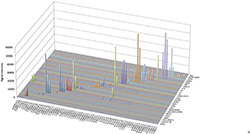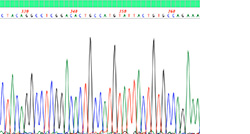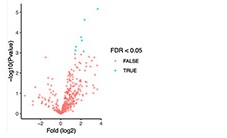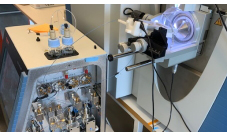Biomarkers

What is a biomarker?
A biomarker is defined by NIH as “a characteristic that is objectively measured and evaluated as an indicator of normal biological processes, pathogenic processes, or pharmacologic responses to a therapeutic intervention.” Medical signs have been used since the origin of medical practice for diagnosis of disease and progression as well as prognosis. A biomarker includes classical medical signs such as pulse and blood pressure but also more complex laboratory tests of blood and other tissues. Identification of new biomarkers has become very important in the hunt for early detection of disease, to follow treatment as well as prognosis.
Reseach focus at Department of Immunotechnology
At the Department of Immunotechnology we focus on using molecular biomarkers for early and predictive diagnosis of cancer and other diseases, as well as identification of novel antigens for design of therapeutic modalities. We sample tissue or liquid biopsies for detection and quantification of potential biomarkers.
We conduct projects where we develop novel methods for biomarker discovery, as well as more applied projects with the aim to discover new biomarkers for diagnostics and prognosis of disease. We also work with biomarkers in agricultural applications and for prediction of sensitization potency.






